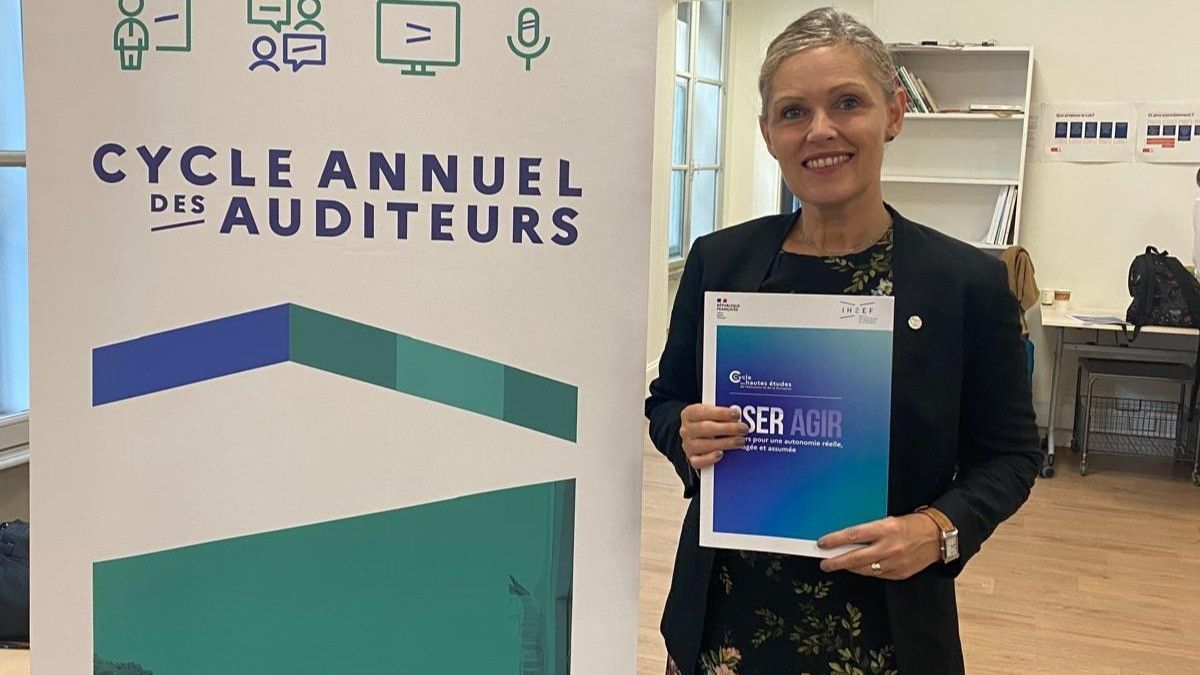Competency 15 - Empathetic Listening Skills
Transforming Conflict into Growth:
Social Competencies: Constructive Communication
Specific Competency: Empathetic Listening Skills
Statement: Empathetic listening skills involve understanding and responding to the emotions and needs of others. This competency is essential for building strong, supportive relationships and fostering effective communication.
Introduction
As we transition from cognitive and emotional competencies to social competencies, we now focus on empathetic listening. This skill is vital for creating meaningful connections and enhancing our ability to support others. Empathetic listening is not just about hearing words but understanding the emotions and intentions behind them.
Recap of Cognitive and Emotional Competencies
Before diving into social competencies, let's reflect on what we’ve learned about cognitive and emotional competencies. Take a moment to rate your progress from 1 to 10 on each competency:
- 1: OUPS, I don’t remember this competency.
- 10: I have totally integrated this competency and see myself in action, though I know I’m not mastering it yet because it will take weeks. I am conscious of its importance.
Cognitive Competencies:
- Self-Knowledge: Understanding your strengths, weaknesses, goals, and values.
- Critical Thinking Skills: Analysing and evaluating information effectively.
- Positive Self-Evaluation: Building a healthy self-esteem.
- Mindful Awareness of Inner Experiences: Being aware of your thoughts and feelings.
- Impulsivity Management: Controlling impulsive behaviors.
- Goal Achievement Skills: Setting and achieving realistic goals.
- Responsible Decision Making: Making choices that are ethical and effective.
- Creative Problem-Solving: Finding innovative solutions to problems.
Emotional Competencies:
9. Understanding Emotions and Stress: Recognising how emotions and stress affect you.
10. Identifying One’s Emotions and Stress: Being able to pinpoint specific emotions and stressors.
11. Expressing One’s Emotions Positively: Communicating your emotions in a constructive way.
12. Managing One’s Emotions: Handling difficult emotions like anger and anxiety.
13. Regulating One’s Stress: Using techniques to manage stress in daily life.
14. Coping with Adversity: Building resilience to overcome challenges.
Reflective Questions
As we move forward, take a moment to reflect on your progress with the cognitive and emotional competencies:
- Cognitive Competencies: How well have you integrated the cognitive competencies into your daily life?
- Emotional Competencies: How effectively have you managed your emotions and stress using the techniques discussed?
- General Reflection: How have the cognitive and emotional competencies we've covered so far improved your ability to cope with daily challenges?
Transition to Social Competencies
Philosophers have long discussed the importance of moving from understanding to action. Ancient Greek philosophy introduced the concepts of poiesis (creation), theoria (theory), and praxis (practice). Karl Marx emphasised that it is not enough to understand and interpret the world; we must also act upon our knowledge. With this in mind, we now turn our focus outward to social competencies. These skills build on our self-awareness and emotional regulation, enabling us to interact constructively with others. The first of these is empathetic listening, a crucial skill for meaningful communication and connection.
The Science of Empathetic Listening
Empathetic listening involves active listening, emotional intelligence, and empathy. It requires full attention, an open mind, and a non-judgmental attitude. Research shows that empathetic listening can improve relationships, reduce conflicts, and enhance overall well-being.
Levels of Listening
To fully develop empathetic listening skills, it's essential to understand the different levels of listening based on recent academic findings. Some studies and experts suggest there are up to 10 levels of listening, but for simplicity and immediate applicability, we will focus on the core levels that are most practical for everyday use:
- Ignoring: The lowest level where you are not paying attention to the speaker at all.
- Pretend Listening: Giving verbal cues without truly engaging.
- Selective Listening: Only hearing parts of the conversation that interest you, ignoring the rest.
- Attentive Listening: Listening to the words but missing underlying emotions.
- Active Listening: Fully engaged, understanding content, and acknowledging emotions.
- Empathetic Listening: The highest level, where you fully engage with the speaker, understand their words, emotions, and intentions, and respond empathetically.
By focusing on these levels, we aim to keep things straightforward and actionable.
How Previous Competencies Help Develop Empathetic Listening
- Self-Knowledge (Competency 1): Understanding your strengths and weaknesses helps you to be more aware of how you interact with others, which is crucial for empathetic listening.
- Mindful Awareness of Inner Experiences (Competency 4): Being mindful allows you to be fully present in conversations, which is essential for active and empathetic listening.
- Managing One’s Emotions (Competency 12): When you can manage your emotions, you are better able to respond calmly and empathetically to others.
Part A: Start By Yourself
Objective: Develop empathetic listening skills by practicing active listening and understanding the emotions behind the words.
Instructions:
A) Reflect on Past Conversations:
- Identify a Meaningful Conversation: Think about a recent conversation where someone shared their feelings with you. Write down the details of the conversation, focusing on the emotions expressed.
- Evaluate Your Listening Skills: Reflect on how well you listened. Did you truly understand their emotions, or were you more focused on formulating your response?
B) Practice Active Listening:
- Set Aside Distractions: Choose a quiet place free from distractions. When someone is speaking, give them your full attention.
- Use Reflective Statements: Repeat back what the speaker said in your own words. For example, "I hear that you feel strongly about this."
- Ask Open-Ended Questions: Encourage the speaker to share more by asking questions like, "Can you tell me more about that?" or "How did that make you feel?"
C) Alternative Activities to Develop Empathy:
- Empathy Journal: Keep a journal where you record interactions and reflect on the emotions of others. Write down what you think they were feeling and why.
- Mindfulness Meditation: Practice mindfulness to become more present and attuned to the emotions of others.
- Role-Playing: Engage in role-playing exercises where you practice empathetic listening in different scenarios.
Benefits:
- Improves relationships.
- Enhances emotional intelligence.
- Reduces misunderstandings and conflicts.
Part B: Share with Pairs, Family, or Friends
Objective: Develop empathetic listening skills together by practicing active listening and providing support.
Instructions:
A) In Pairs or Groups:
- Share a Personal Story: Take turns sharing a personal story or experience. Practice empathetic listening by giving your full attention and responding with empathy.
- Provide Feedback: After each person shares, provide feedback on their listening skills. Highlight what they did well and suggest areas for improvement.
B) Support Each Other:
- Encourage Open Communication: Create an environment where everyone feels safe to express their emotions. Encourage each other to share thoughts and feelings openly.
- Plan Empathy-Building Activities: Engage in activities that promote empathy, such as watching a movie and discussing the characters' emotions or reading a book together and reflecting on the characters' experiences.
C) Reflect Together:
- Discuss Learnings: Reflect on what you learned from practicing empathetic listening. Share insights and discuss how this skill has impacted your relationships.
- Plan for Continued Practice: Make a plan to continue practicing empathetic listening in your daily interactions. Set goals for improving your empathetic listening skills.
Tips:
- Be patient and give the speaker time to express themselves fully.
- Avoid interrupting or offering unsolicited advice. Focus on understanding the speaker's emotions.
- Use non-verbal cues, such as nodding and maintaining eye contact, to show that you are engaged.
Benefits:
- Strengthens relationships.
- Enhances emotional intelligence.
- Fosters a supportive and understanding environment.
Join the Journey By integrating these competencies into your daily life, you can improve your mental health, build stronger relationships, and better handle life's challenges. Stay tuned for the next set of social competencies!
Want to take it further, reach out and let's talk ;-)
Let'st work together, book me or my team for coaching, keynotes, training and consulting.
In the meantime,
Take care,
Krumma
PS: click here for the free mental fitness app that might change your life and your relationships https://positive-performances.passion.io/











